


The history of Horticulture Therapy is very brief and yet the idea has been around since the beginning of time.
A process utilizing plants and horticultural activities to improvesocial, educational, psychological, and physical adjustment of persons thus improving their body, mind, and spirit.’
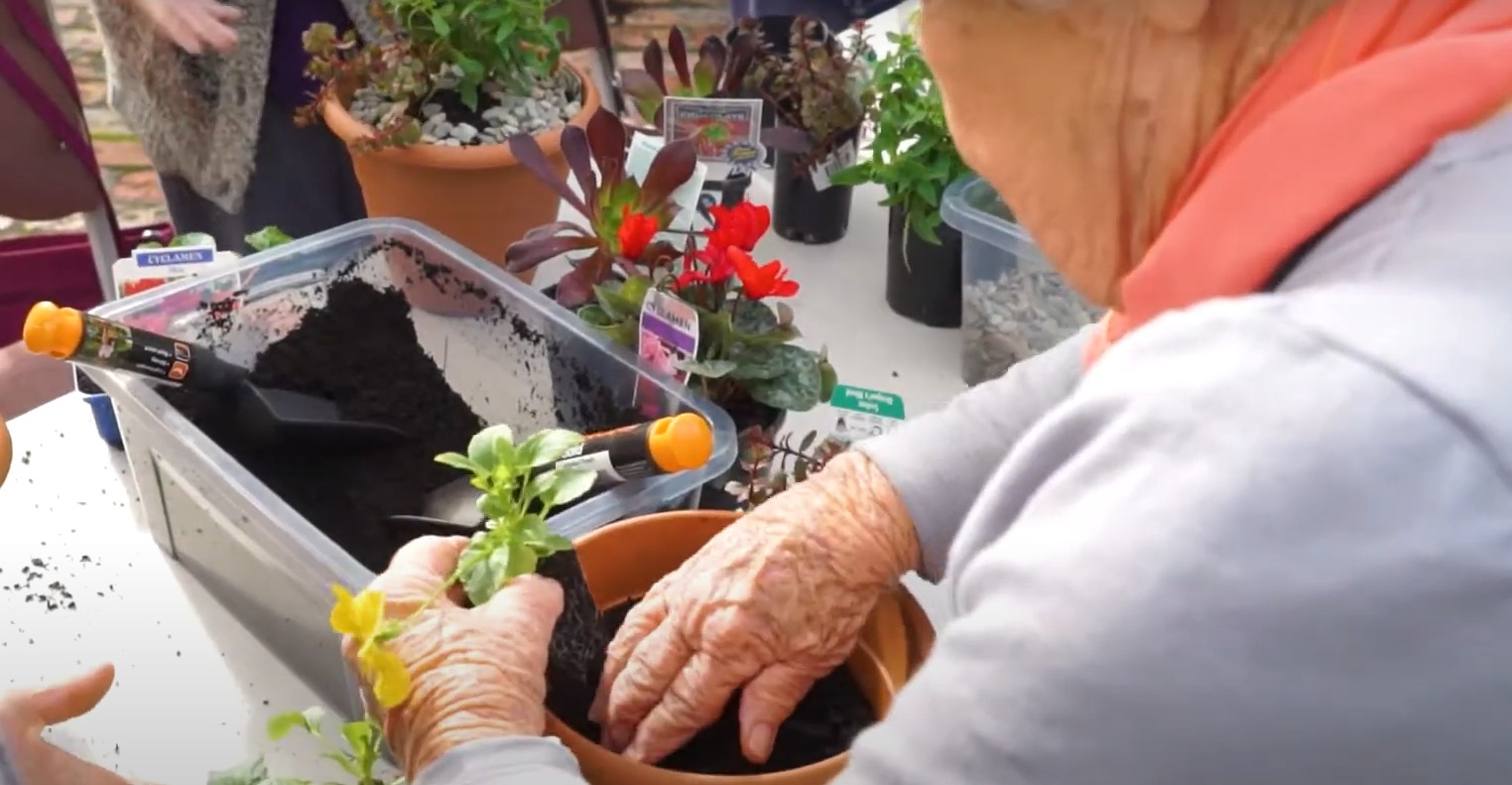
The benefits that horticulture therapy offers are varied form person to person.
This therapy enhances physical, mental and social health. People of any age can participate and the activities can be varied according to their abilities.
Activities of horticulture therapy can be made accessible for anyone.Work areas can be raised to accommodate people in wheelchairs and unable to bend, as well as for children so they don’t walk through the garden or so smaller children don’t put the plants in their mouths.
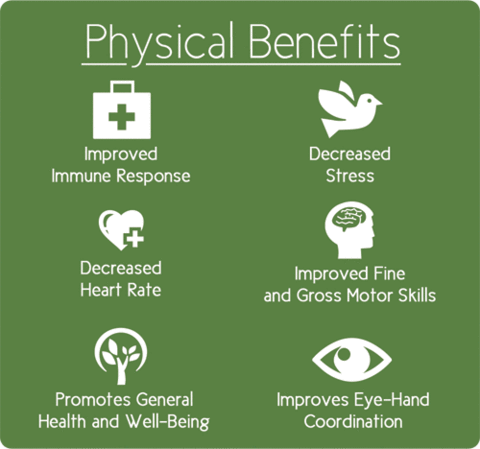
Increase range of motion, improve fine motor skills, tone under used muscles, improve coordination and balance, increase muscular strength.

Increases independence, increase self-esteem, increase observation skills, provides choices and ability to use problem solving skills, encourages creativity, provides outlet for stress, anger, and emotions.
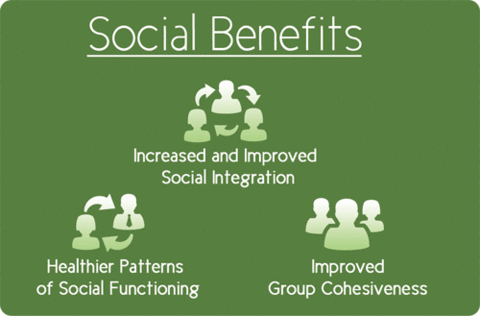
Increases independence, increase self-esteem, increase observation skills, provides choices and ability to use problem solving skills, encourages creativity, provides outlet for stress, anger, and emotions.
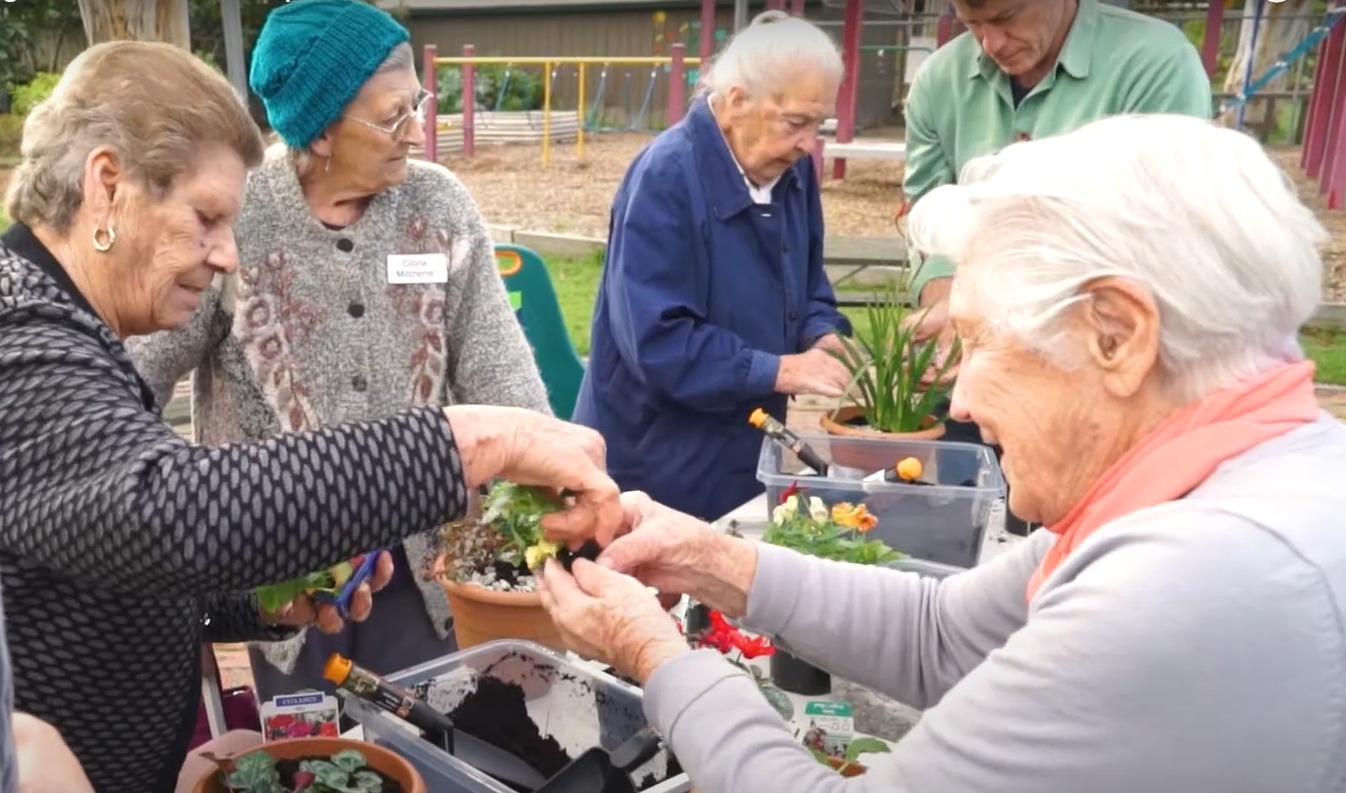
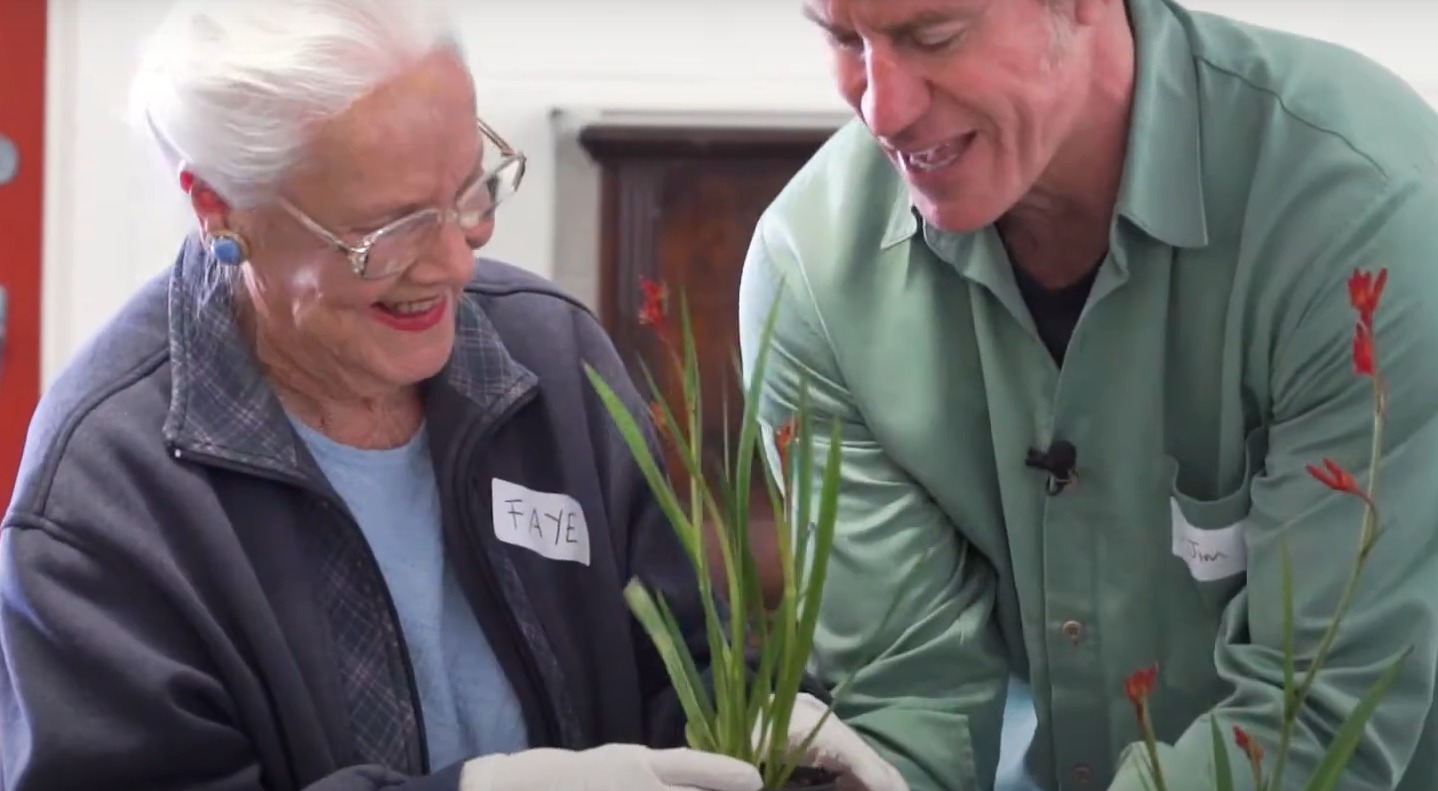
The Garden’s staff provides individual or group therapy sessions, program consulting and development, staff training, workshops, conference presentations and demonstrations, and activity classes. Please inquire for fee for services. The Program’s resources include credentialed horticultural therapists, a reference library, adaptive tools, Horticultural Therapy Gardens and Facilities, and a network of horticultural therapy contacts.
Copyright @ 2023 The planet greeners All Right Reserved